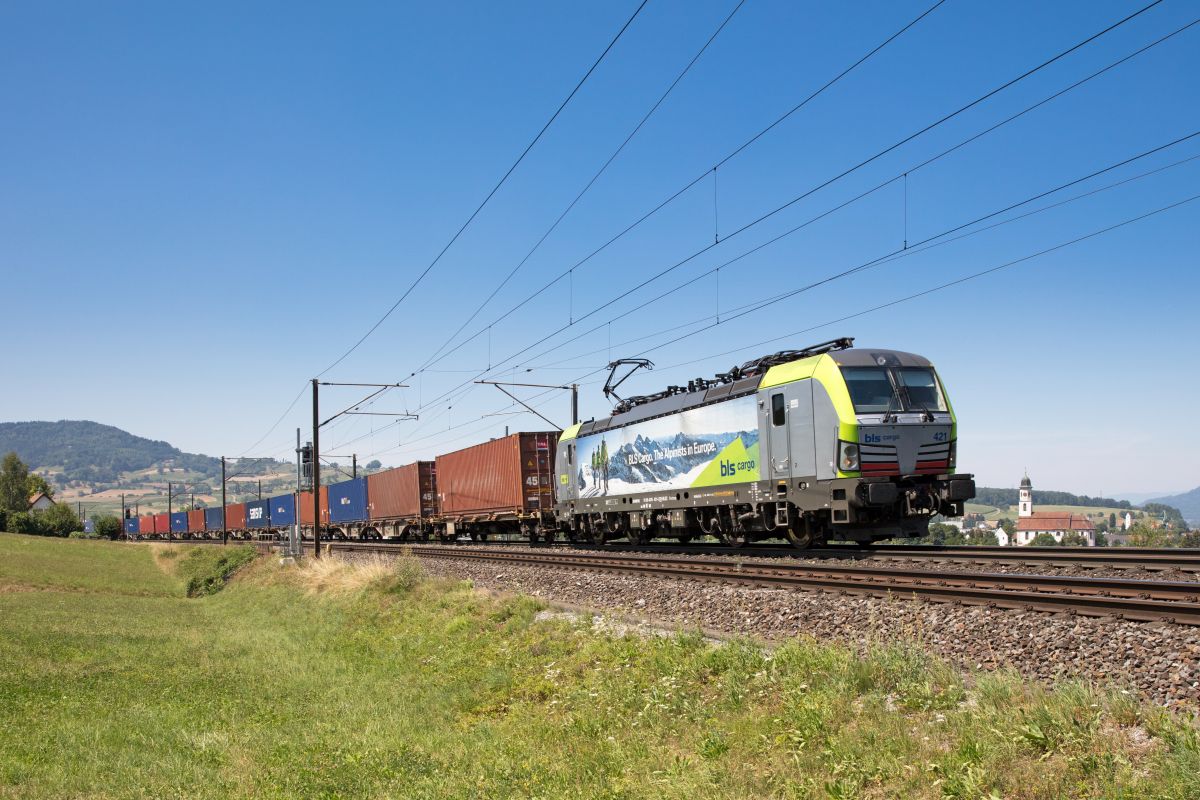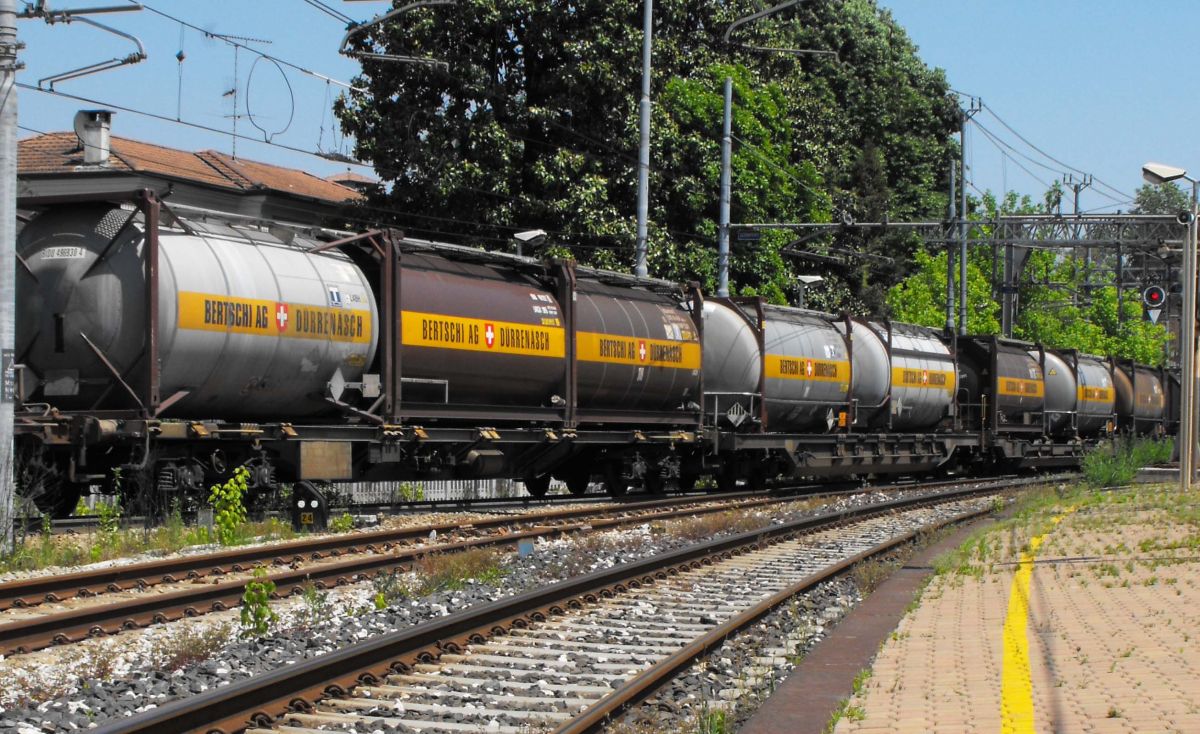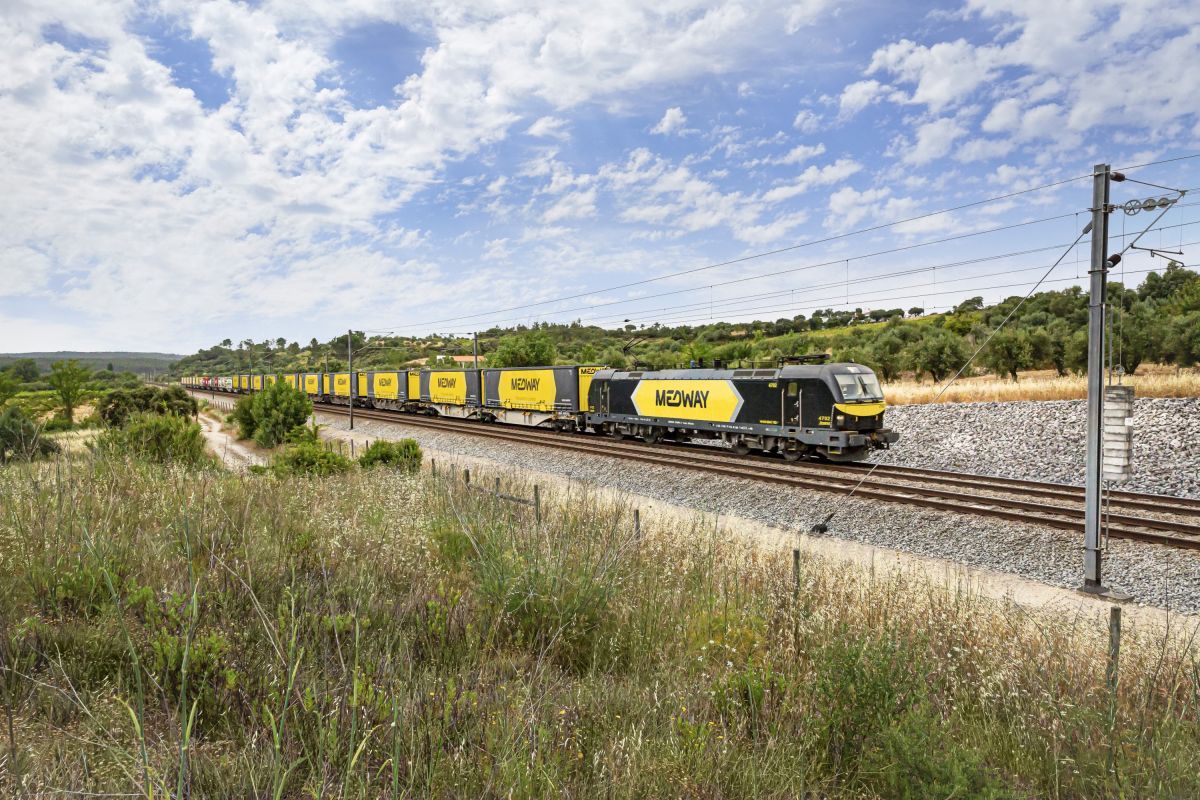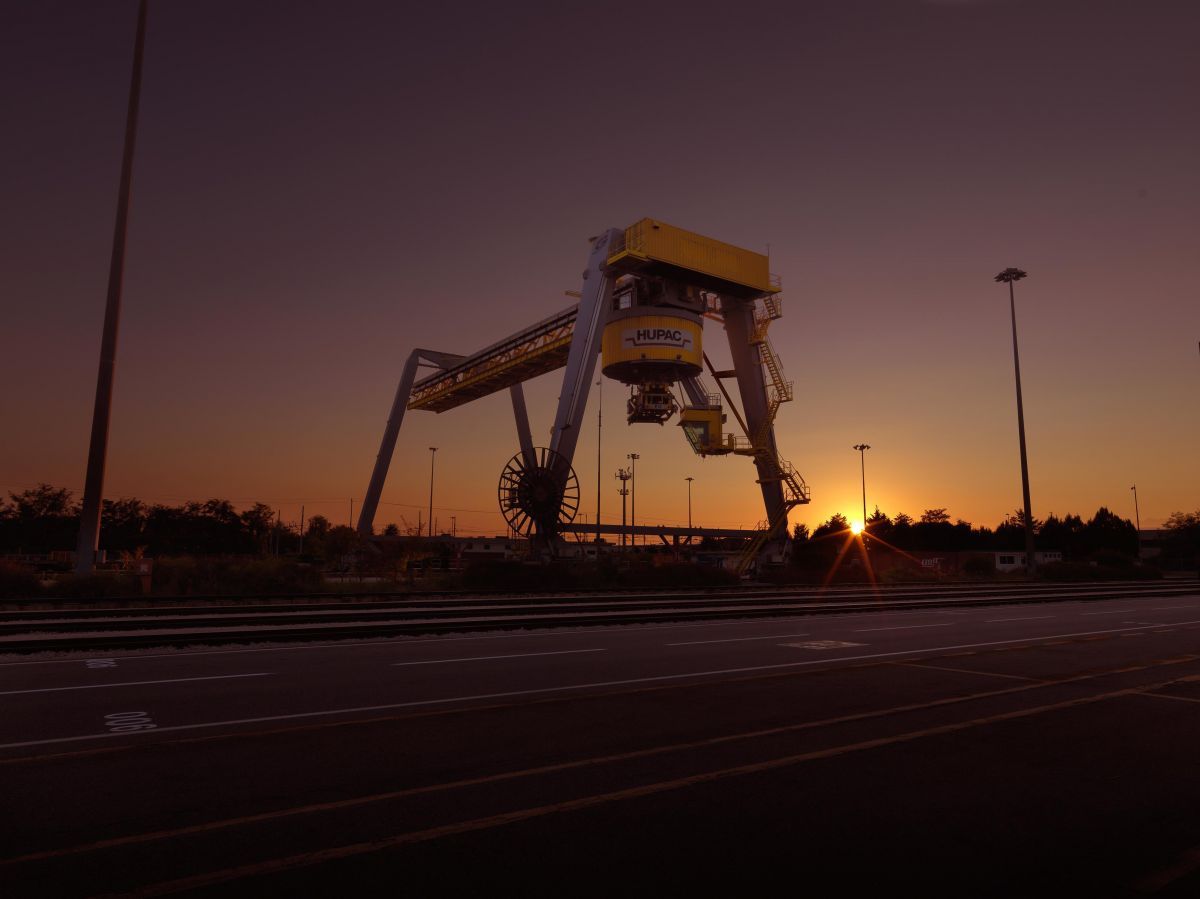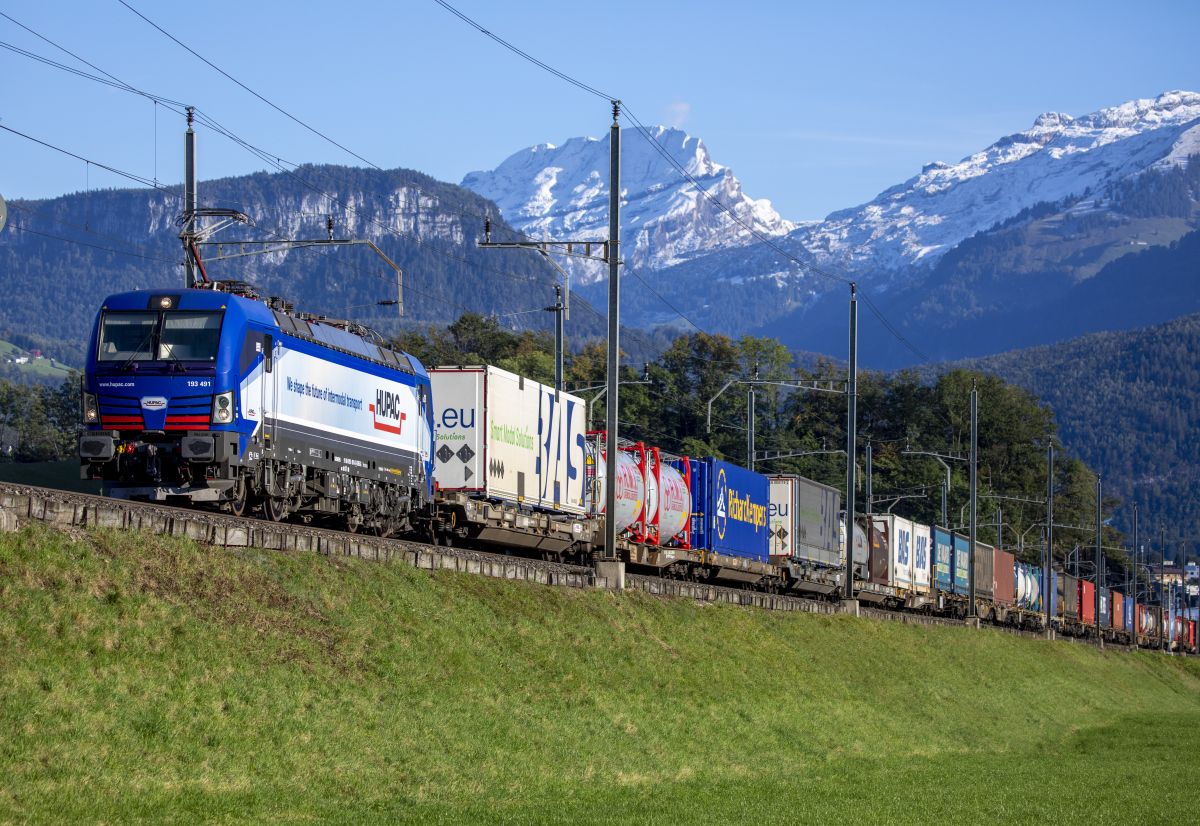On 05 February, a coalition of 45 associations representing all the diversity of Europe?s transport sector has sent an open letter to the Commission and Member States, calling for a stronger EU transport budget. This is an absolute prerequisite for building a competitive, net-zero and resilient European Union.
Read moreThe ERFA Board of Directors is pleased to welcome the latest member of ERFA, WLC (Wiener Lokalbahnen Cargo), as of the beginning of 2025. Based in Vienna, WLC is an internationally active rail freight service operator that organises transportation throughout Europe.
Read moreOn 10 January, 12 industry associations issued a joint open letter calling for negotiating partners on the European Railway Capacity Management Regulation to adopt an ambitious and international approach to the file. The Regulation is viewed as an important tool to improve the reliability of rail freight services and, with it, improve the functioning of European supply chains and the broader economy. This initiative from ERFA, jointly with other industry associations, reflects the high importance and interest of European industry in rail freight, but also the expectations for a change in capacity management.
Read moreOn 23 September, the European Commission released a study on the benefits of competition for rail passenger and freight services. For rail freight, the study found that competition is delivering increased and more diverse transport services, higher service quality and accelerated modernisation of historical incumbents. However, the document also identified several concerns of the sector, including poor state of the infrastructure, unaffordable technological upgrades, unfair State Aids, and complexity of cross-border operations.
Read moreOn 18 June, the European Commission presented its proposal for State Aid Rules for Land and Multimodal Transport. Once adopted, they will replace the existing State Aid Guidelines for Railway Undertakings as the primary legislative source at European level for taking decisions on applicability of public support measures. Whilst public support measures can play a positive role, they must be limited to areas of common interest to avoid competition distortion and maximize limited financial resources.
Read moreDuring its General Assembly meeting on 10 September 2024, ERFA members elected two new members to the ERFA Board of Directors, Mr. Raphaël Doutrebente of Europorte and Mr. Denny Jünemann of Die Güterbahnen. The General Assembly also took the opportunity to thank outgoing board members for their contribution to European rail freight policy over the past years.
Read moreDuring its annual event on 10 September, ERFA presented its 2024-2029 manifesto to industry experts and policy makers. The manifesto presents what ERFA believes are the key issues which must be addressed by the European Institutions and Member States during this legislative cycle. The manifesto identifies three broad policy objectives which should be focused on. These are fixing infrastructure, achieving the Single European Railway Area and improving rail freight?s competitiveness.
Read moreYesterday (18 June), the Council of the European Union adopted a General Approach on the Commission Proposal for a Regulation on Railway Infrastructure Capacity (COM (2023) 443). The proposal is intended to optimise railway capacity, improve cross-border coordination, increase punctuality and reliability, and ultimately attract more freight to rail. The general approach adopted does not go far enough in meeting these objectives.
Read moreThe European Rail Freight Association (ERFA), alongside fellow associations CER, UIP, UIRR, and UNIFE, echo the findings of a recent survey, which reveals that the majority of European citizens consulted are unaware of the serious impact of introducing "gigaliners" or "megatrucks" on the road network. Respondents were unaware that these mega trucks bring with them a whole plethora of safety concerns and pose a significant risk to existing infrastructure. A vast majority consider the promotion of road-rail combined transport as preferable to reduce road congestion and ensure higher safety standards.
Read moreProposed hikes to Track Access Charges (TACs) throughout many European countries have the potential to totally undermine Europe?s modal shift objectives. Planned increases in TACs in Sweden, Germany and Portugal by 40%, 16% and 8% respectively display a broader trend in railway infrastructure charging throughout the European Union. It is not possible for national governments and Infrastructure Managers to talk about modal shift to rail whilst also putting rail freight in an increasingly competitively disadvantaged position with other modes of transportation.
Read moreToday, a coalition of more than 40 associations representing all modes of transport are launching a campaign calling for the EU to invest more of its budget in transport. For rail freight, a renewed and expanded Connecting Europe Facility (CEF) will be of crucial importance to enable an increase of rail freight volumes by 50% by 2030 and doubled volumes by 2050, two goals set out in the EU?s Sustainable and Smart Mobility Strategy.
Read moreTomorrow, on 12 March, MEPs will vote in plenary session on the proposed amendments on the Weights & Dimensions Directive. A number of associations from the rail sector and beyond have sent a joint letter to MEPs on the major consequences of this text if adopted without further amendments.
Read more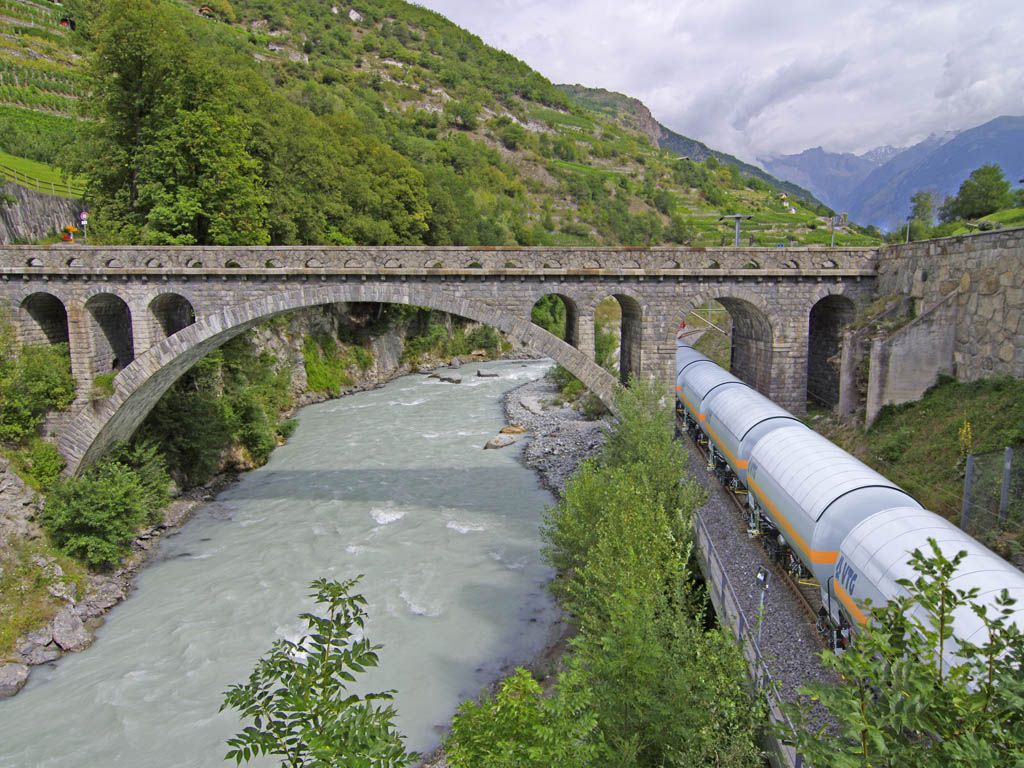


-1727190088.jpg)
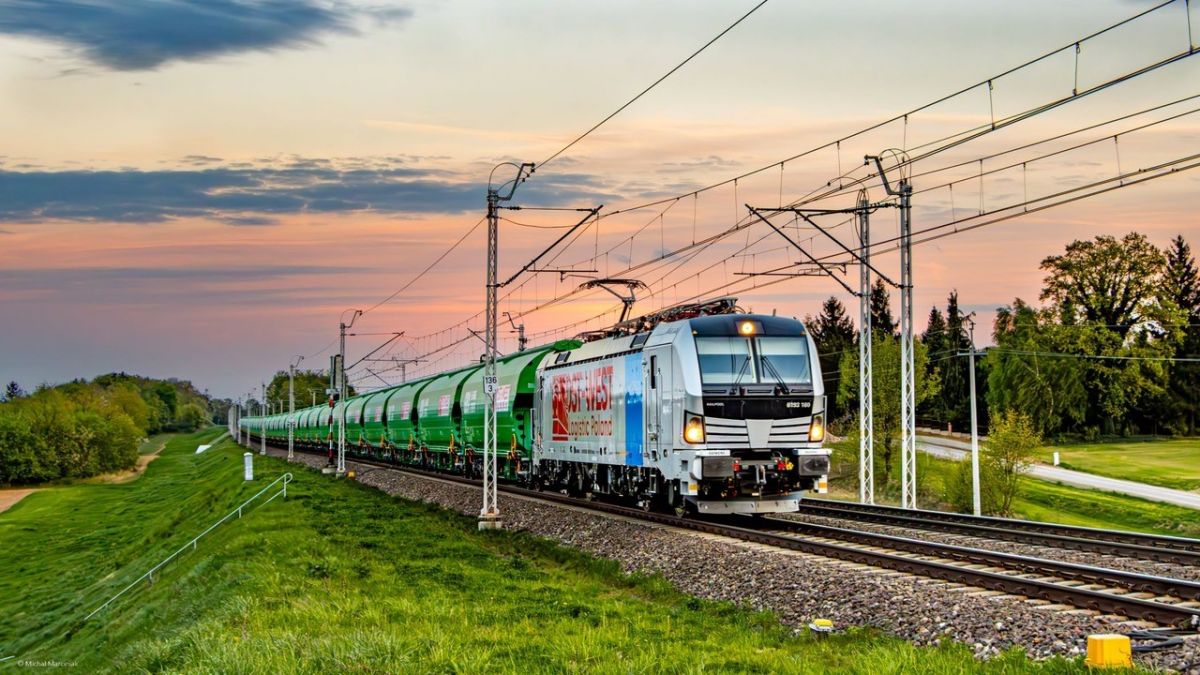
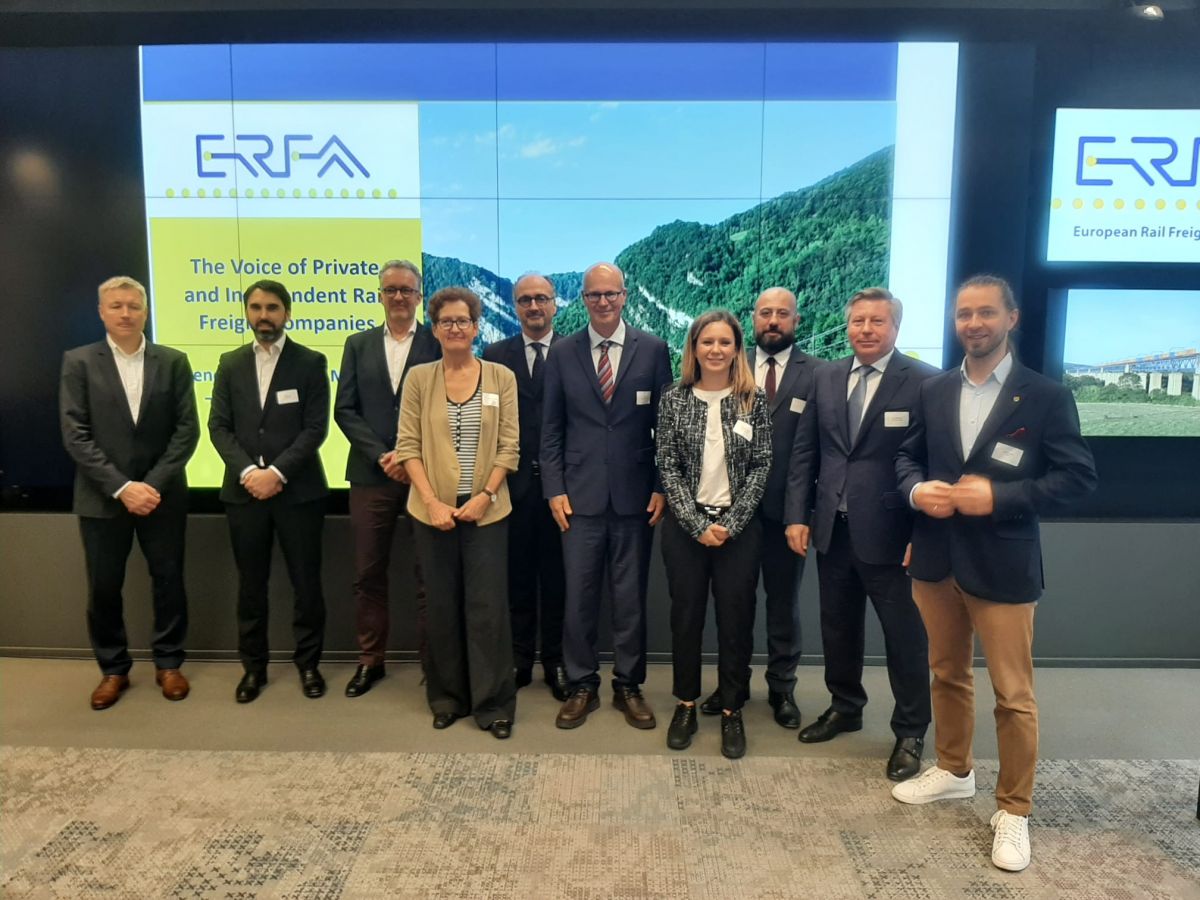
-1725957676.jpg)
